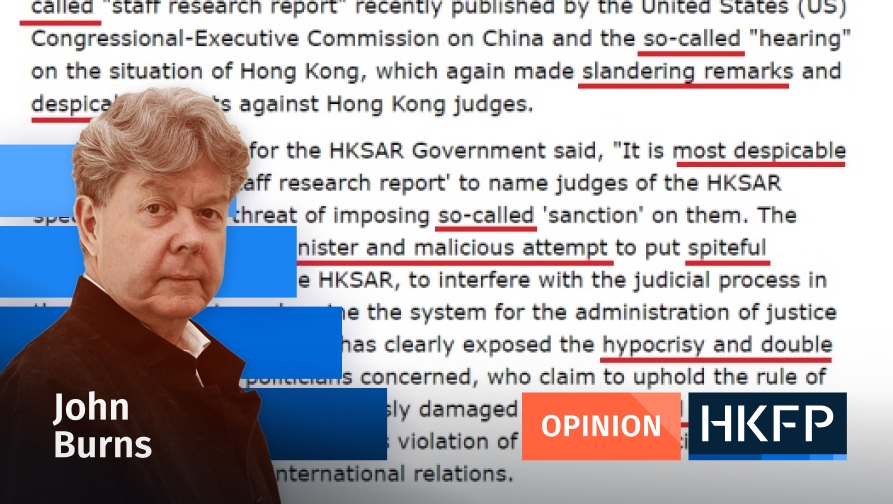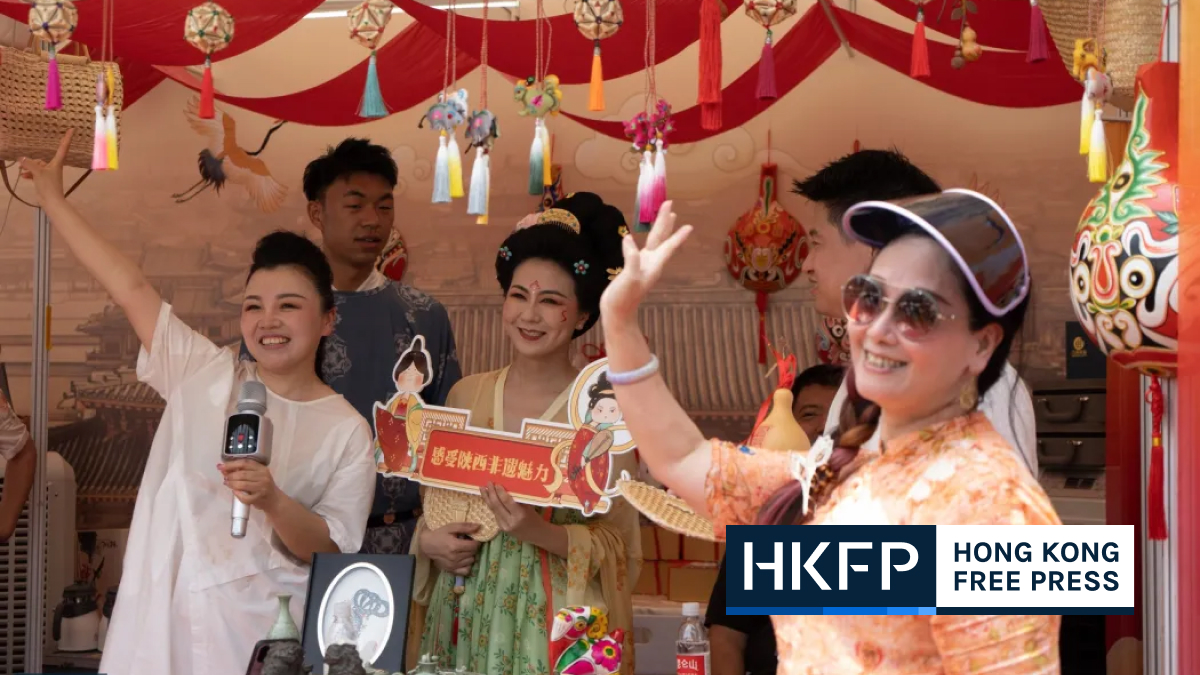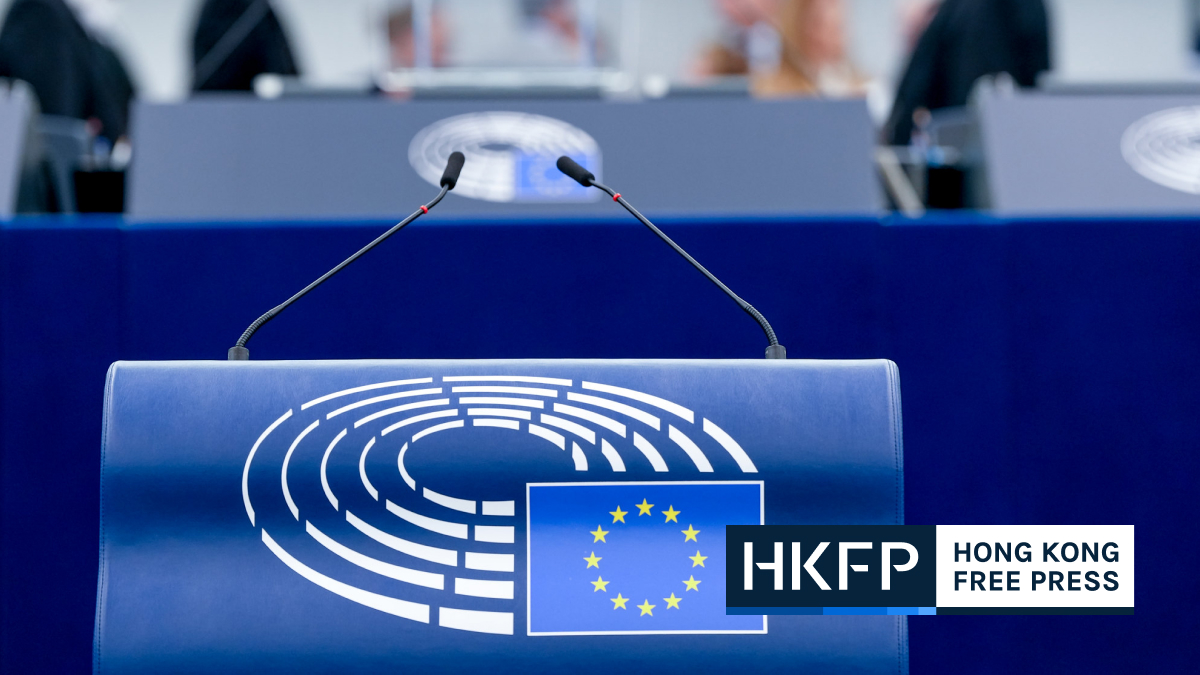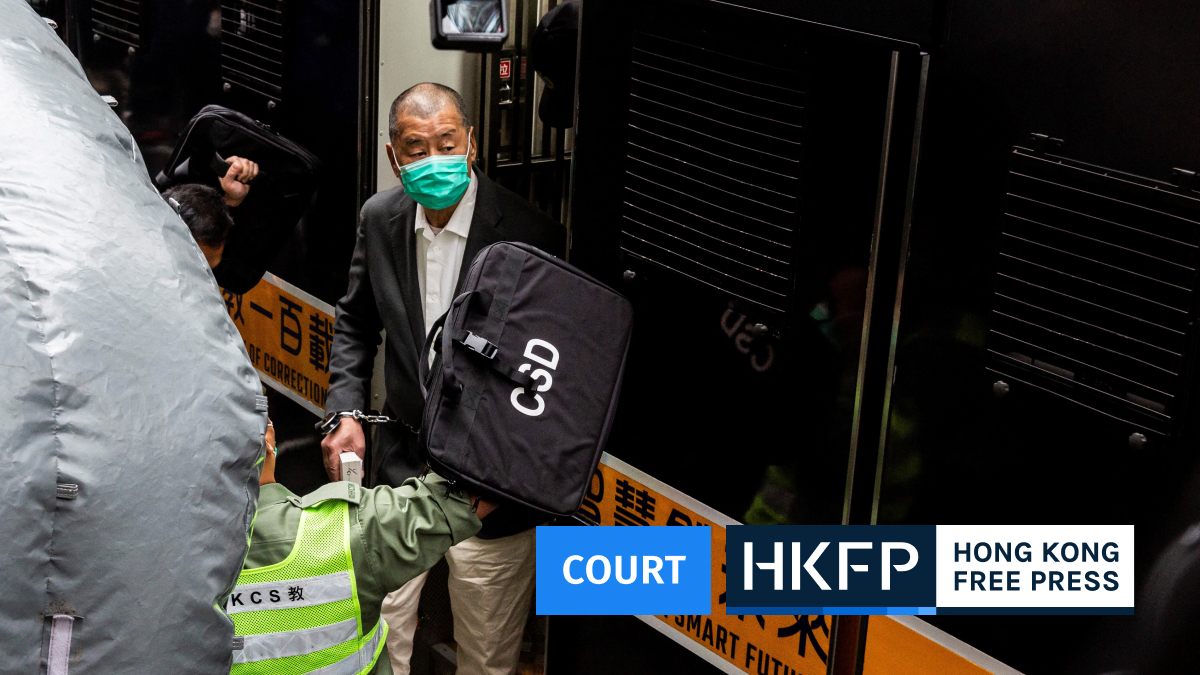Beijing has called on the European Union (EU) and the UK to abandon “double standards,” after they raised concerns about the potential erosion of freedoms in Hong Kong under the newly passed domestic security law.
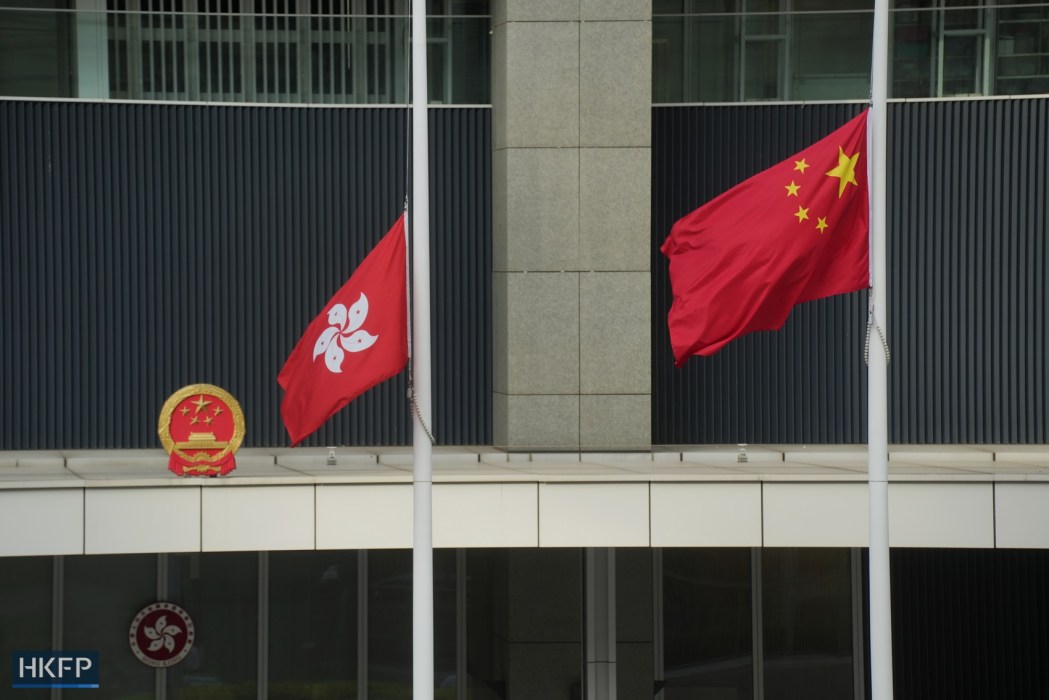
The Commissioner’s office of Chinese Foreign Ministry in Hong Kong opposed the remarks by the EU and the UK on the Safeguarding National Security Ordinance, which saw a fast-tracked passage in the city’s opposition-free legislature on Tuesday.
The ordinance – set to be rolled out on Saturday – was required under Article 23 of the Basic Law, which stipulates that the government shall enact laws on its own to prohibit acts of treason, secession, sedition and subversion against Beijing.
Its legislation failed in 2003 following mass protests and it remained taboo until after the onset of the separate, Beijing-imposed security law in 2020. Pro-democracy advocates say it will have a negative effect on civil liberties but the authorities cite a constitutional duty.
In a statement issued on Tuesday, UK Foreign Secretary David Cameron said the broad definitions of national security and external interference in the new law “make it harder for those who live, work and do business in Hong Kong.”

The culture of self-censorship, which dominated the city’s socio-political landscape, would be entrenched by the legislation, the minister said, while the erosion of free speech and press freedom would continue.
“The overall impact of Hong Kong’s new national security law is that it will further damage the rights and freedoms enjoyed in the city. It undermines Hong Kong’s implementation of binding international obligations including the Sino-British Joint Declaration and the International Covenant on Civil and Political Rights,” Cameron’s statement read.
In response, a spokesperson for the UK’s Chinese embassy said that the remarks are “serious distortion of the facts and constitute grave interference in China’s internal affairs.” Meanwhile, the office under China’s foreign ministry said London “continuously stirs up troubles” and had made unwarranted remarks. Such moves amounted to blatantly trampling on international law and the basic principles of international relations, they said.
Since China resumed sovereignty over Hong Kong after British colonial rule in 1997, the UK had no governance and monitoring power over the city, the office claimed.
It went on to say that the UK has its own laws on safeguarding national security, and there were human rights violations within the country. The UK should “take a good look at itself in the mirror” and stop its “hypocrisy and double standards,” the office wrote.
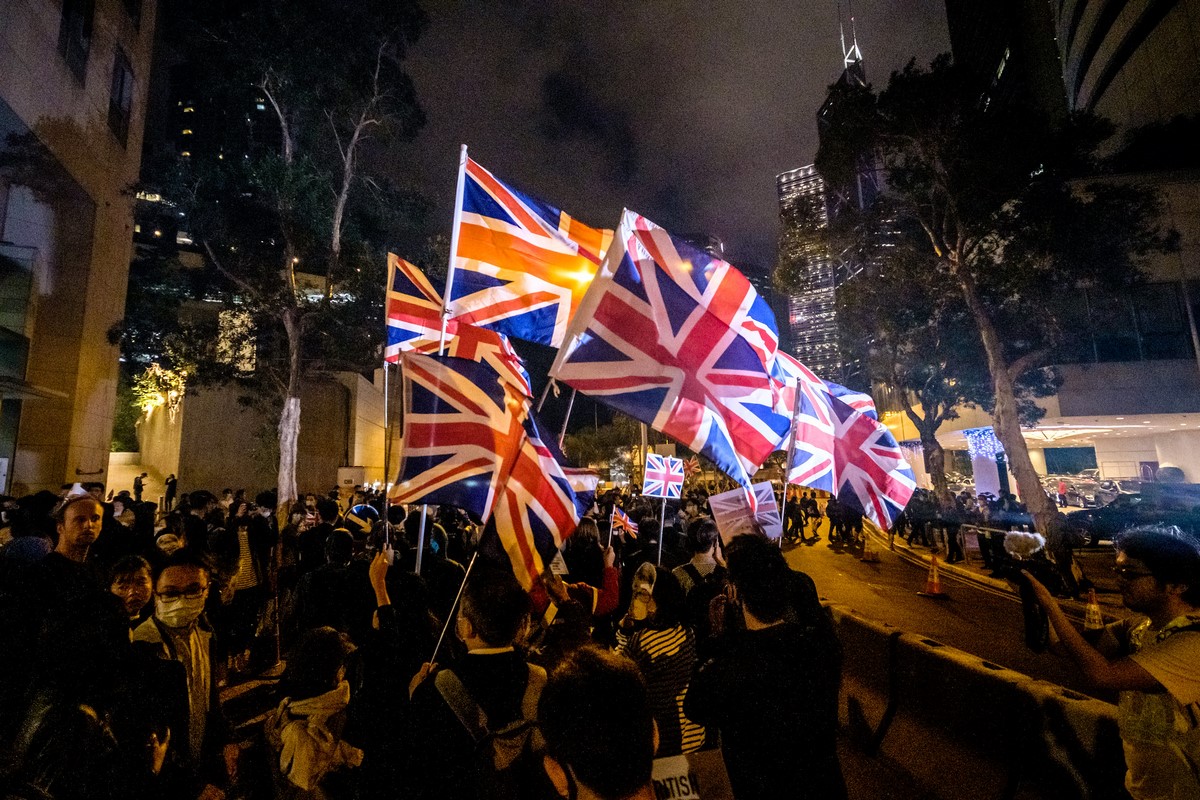
“Ultimately, this stems from a deep-rooted colonial mentality and an arrogant attitude. China urges the UK to put things in perspective, face the reality, give up on the delusion of extending its colonial influence in Hong Kong…” the statement issued after midnight on Wednesday read.
EU concerned over ‘erosion’ of freedoms
The security legislation – passed on Tuesday after close to nine hours of meetings – will impose life imprisonment for four offences, limit national security detainees’ access to lawyers. and tighten measures against “absconders,” among other moves.
The EU raised similar concerns over rights and freedom in Hong Kong, saying the newly-passed law could “exacerbate the erosion of fundamental freedoms and political pluralism” in the city brought about by the Beijing-imposed national security law.
The High Representative on behalf of the EU also expressed concerns that the new law may affect the work of its offices and agencies, as well as its citizens and companies in Hong Kong. The legislative move also raised questions about the city’s attractiveness as a global business hub in the long run, it said.

“The bill’s sweeping provisions and broad definitions, specifically in relation to foreign interference and state secrets, appear as particular concerns. The significantly increased penalties provided for in the Bill, its extraterritorial reach and its – at least partial – retroactive applicability are also deeply worrying,” the statement read.
Beijing’s foreign ministry representative in Hong Kong “firmly opposed” remarks by the EU, saying the new law struck a good balance between safeguarding national security and protecting rights and freedoms.
The legislative process was “open, transparent and highly efficient,” and it was completed strictly in accordance with the established procedures, the office said in a statement in the early hours of Wednesday.
“We urge the European Union to face the strong support for national security legislation in Hong Kong society and abandon its hypocrisy, double standards and narrow-minded biases… [The European Union] should immediate stop interfering in Hong Kong’s affairs and the internal affairs of China,” the statement read.
Article 23 security law bill in full:
- Hong Kong proposes dissolving organisations accused of ‘external interference’
- Threshold for early release may be raised for national security prisoners, draft bill says
- Hong Kong proposes life sentences for treason, insurrection, sabotage
- New powers mulled for police, courts to limit nat. security detainees’ access to lawyers
- Hong Kong proposes cancelling ‘absconders’ passports under new security law
- Public interest defence proposed for some ‘state secrets’ offences in draft security law
- Hong Kong proposes raising max. penalty for sedition to 10 years under new sec. law
- Courts could extend detention without charge for 2 weeks, draft nat. sec. bill suggests
- Hongkongers may face 7 years jail for ‘inciting disaffection’ of public officers
- Hong Kong’s business community expresses concern over proposed new security law
Support HKFP | Policies & Ethics | Error/typo? | Contact Us | Newsletter | Transparency & Annual Report | Apps
Help safeguard press freedom & keep HKFP free for all readers by supporting our team























